The 65th Berlinale (Internationale Filmfestspiele Berlin/The Berlin International Film Festival) will begin on 5th February and run for ten days to 15th February. In that time the programmers will hope that audiences once again enjoy all the very best that World Cinema has to offer from the last 12 months.
The opening film Nobody Wants the Night is set in Greenland in 1908 and follows Josephine (Juliette Binoche) the wife of famous North Pole explorer Robert Peary who is in pursuit of his trail against all the warnings by experienced explorers about the Arctic winter. The film is directed by Isabel Coixet and will be the Opening Film at the Berlinale Palast, where all the Red Carpet events will be taking place.
Compared to the last couple of years, the Competition section this year looks very strong and also includes other historical films of interest including Aferim, from Romania, shot in black and white and directed by Radu Jude. Aferim is a parable on late feudal Eastern Europe and set in 1835 where two horse riders, Costandin and his son, cross a barren landscape in the middle of Wallachia region (between the Danube and Southern Carpathians) searching for a gypsy slave, who has escaped his nobleman master, while also being suspected of having an affair with the noble’s wife. Like Nobody Wants the Night, this is a road movie of a kind, taking the viewer on an adventure in an unforgiving terrain with all the uncertainties and potential dangers mired within. Here they will come across Turks and Russians, Christians and Jews, Romanians and Hungarians with prejudices that resonate just as much to the present day as they did 180 years ago.
Eisenstein in Guanajuato takes us to Mexico and presents a semi-fictionalized account of the legendary Soviet director Sergei Eisenstein, who travelled to Guanajuato in 1931 to direct his ultimately ill-fated film Que viva México. At what subsequently became a pivotal period in his life and works, Eisenstein (played here by Finnish actor Elmer Bäck) encountered a new culture and its manner of death and revolution, as well as his own emerging desires. Renowned British art director Peter Greenaway depicts Eisenstein as an eccentric artist flaunting the confidence of being an internationally celebrated star director after arriving in Mexico. In this at once joyfully fresh but potentially dangerous land, Eisenstein begins to re-evaluate his own country’s Stalinist regime and the human condition. However, he also gets into dispute with his American financier, the novelist and Communist sympathizer Upton Sinclair. Greenaway’s use of extreme close-ups, split-screens and a dramatic montage deliberately pays homage to then modifies Eisenstein’s pioneering cinematic style.
Also set in Latin America, El Club by Pablo Larraín portrays a group of five priests of various ages living in a house on the Chilean coast, practically the end of the livable world, and under the watchful gaze of a nun called Mónica. Prayers and atonement sit sat by side in their daily lives with training a greyhound for the next race. Here, where an atmospheric stiff wind is constant, a new priest breezes in. Following, another man suddenly turns up, making strong accusations about the recent arrival. Piece by piece the film builds suspense by unraveling dark secrets in the past lives of these servants of God while highlighting inconsistencies in the Catholic Church. By punishing the odd one out, Pablo Larraín’s screenplay strictly abides by the rules and rituals of Christian martyrdom. Moreover, this enigmatic and original film from the director of the Pinochet-era trilogy shows how, in Chile and other parts of the world, not everybody is equal before the law.
Other highlights of the Competition section include a documentary, also from Chile, called The Pearl Button, by Patricio Guzmán, the Vietnamese Big Father, Small Father and other Stories, Kenneth Branagh’s adaptation of Cinderella (not in competition) and Knight of Cups by Terrence Malick. German legends Werner Herzog and Wim Wenders also have new films in Competition with Queen of the Desert and Everything Will Be Fine respectively. With Darren Aronofsky serving as Jury President, the International Jury will decide who will receive the Golden Bear and Silver Bears of the films 2015 Berlinale Competition. The other members of the International Jury will be Daniel Brühl, Bong Joon-ho, Martha De Laurentiis, Claudia Llosa, Audrey Tautou and Matthew Weiner.
Also, for the first time this year, the Berlinale has a Critics’ Week to consciously and justifiably bring it up to the resonant critical status of other A-List Film Festivals like Cannes and Venice.

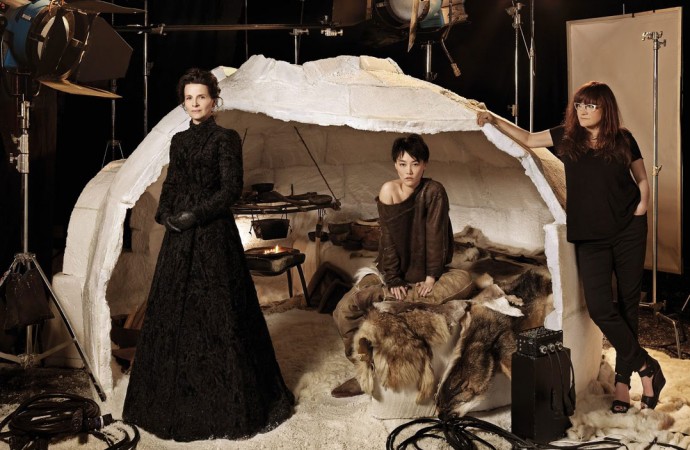

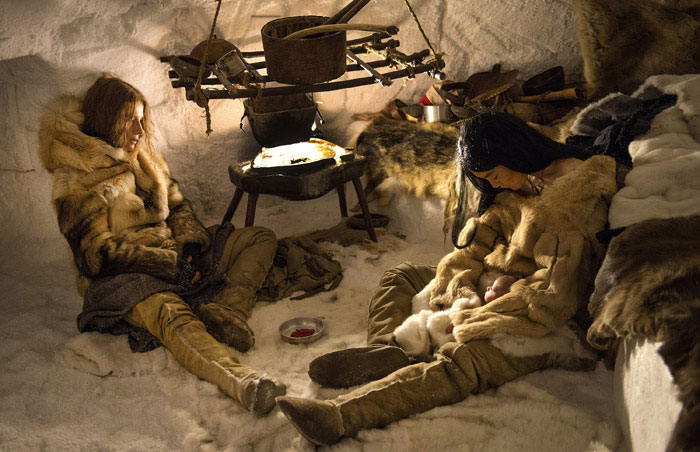
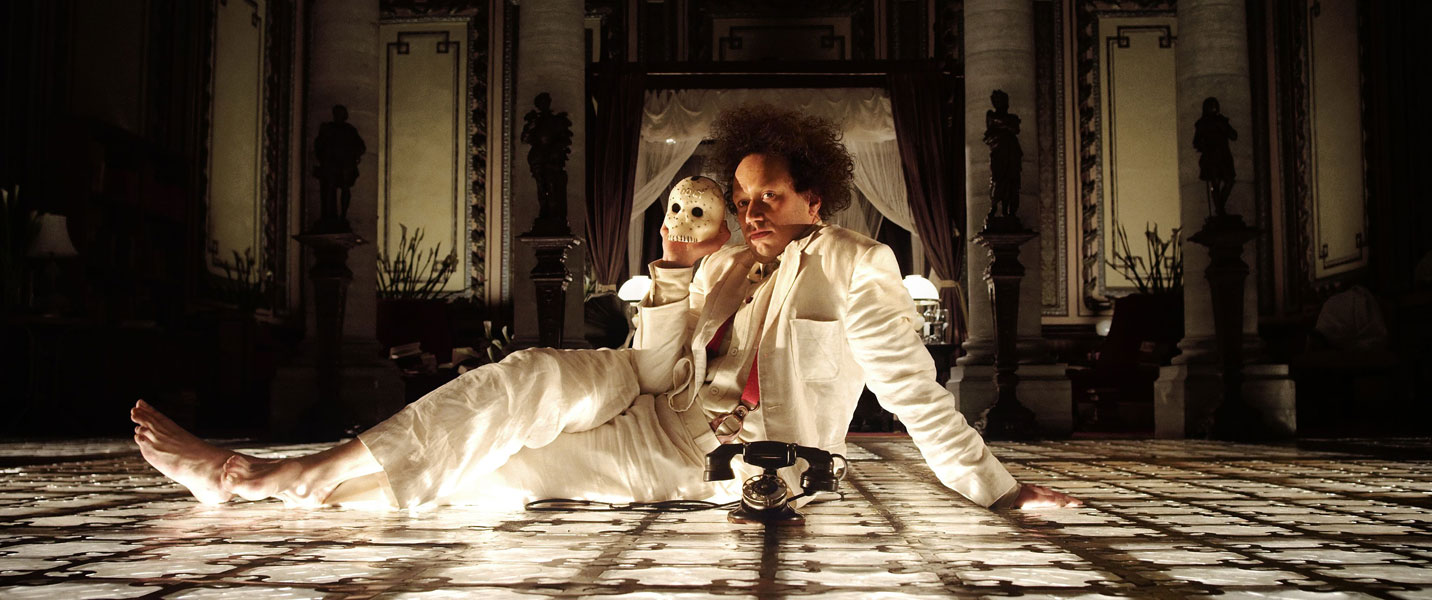
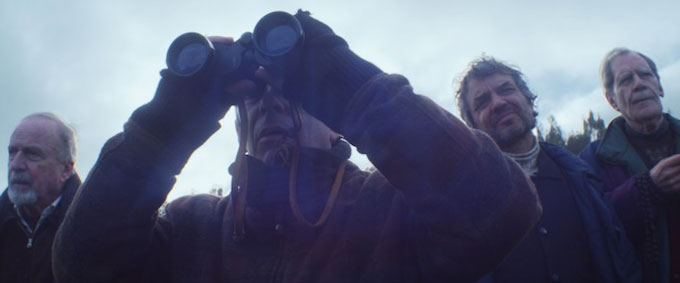

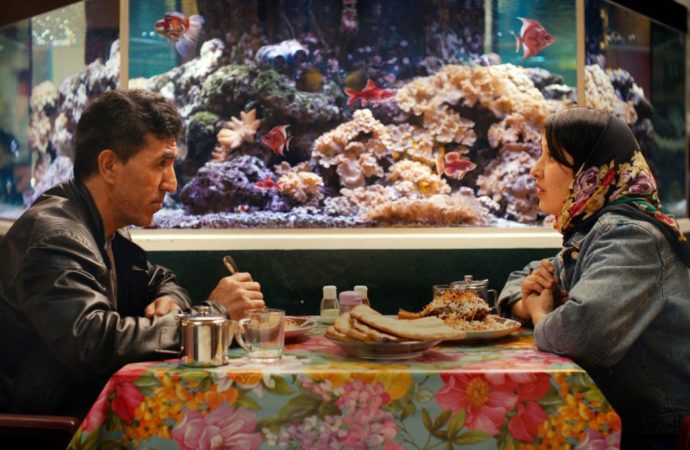

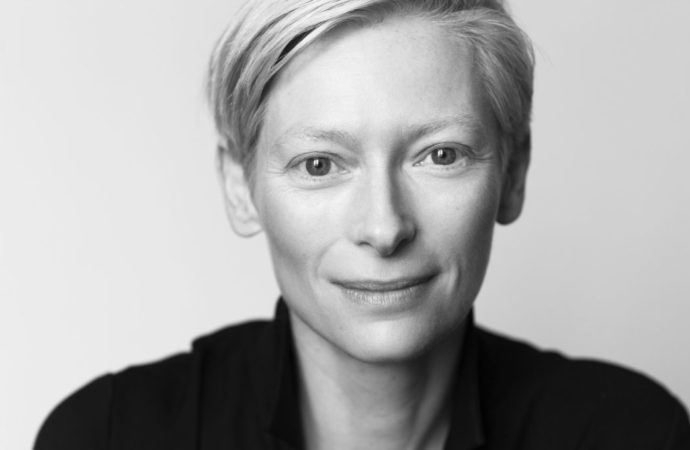
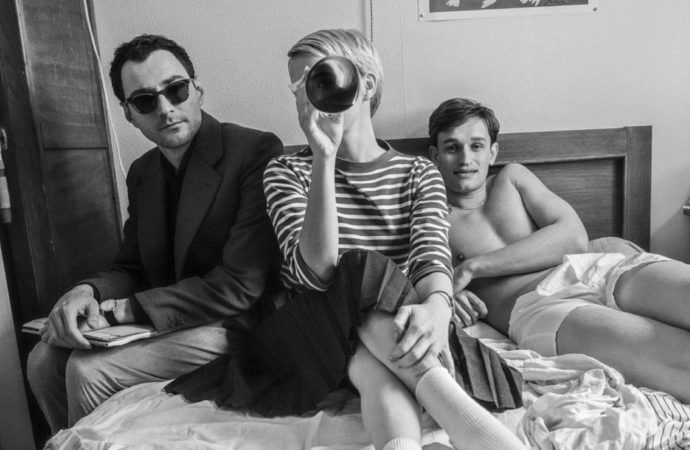
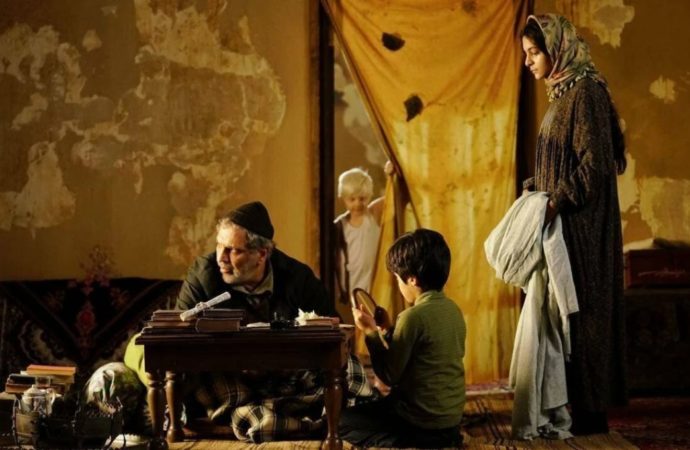
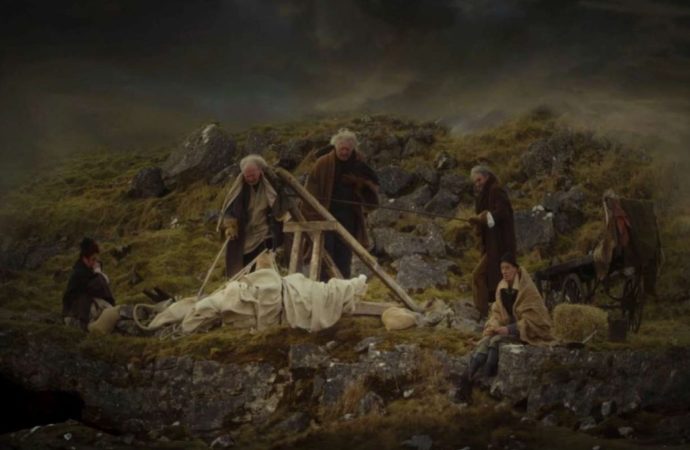
No one has posted any comments yet. Be the first person!